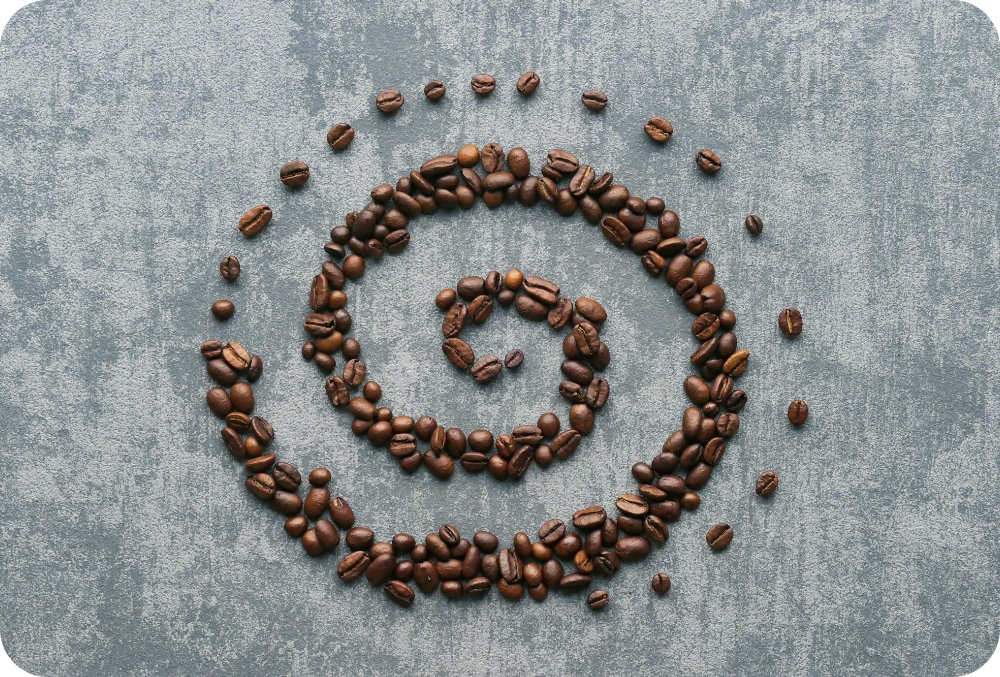The Fairtrade Foundation, founded in 1992, is an independent non-profit organisation which focuses on the empowerment of underprivileged farmers and workers across the globe, aiming to secure reasonable and fair working conditions and rates of pay for those who struggle to advocate for themselves.
They regularly run campaigns for anyone to take part in, raising awareness of the good work they complete and placing the spotlight on Fairtrade-certified food products to encourage people interested in making the change to swap to more ethically sourced products.
It’s an inclusive, charitable association, and Fairtrade Fortnight is a great opportunity to get involved in something meaningful, to impact positive change in some small way.
Trade Interchange, in partnership with its wellbeing team, is committed to raising awareness of the issues the planet faces and offering suggestions of little things we can all do in order to lessen the load of our collective impact.
As part of this, we are organising a Fairtrade bake sale in order to raise awareness of the importance of choosing sustainably sourced products wherever possible, and drawing attention to the carefully-researched resources on our website to help businesses make smarter, more sustainable decisions across their departments.
Choosing sustainably and ethically as a business is a greater concern, as more importance is placed on ESG in the workplace and in processes, from the office all the way down through the supply chain.
Trade Interchange’s ARCUS® Supplier Information Management software offers a streamlined solution to the problem of choosing sustainable suppliers, reducing risk within your business and gathering the data necessary to decrease Scope 3 emissions through greater scrutiny of your supply base.
Book a call to find out more, or check out our resources on ESG and supplier management.

